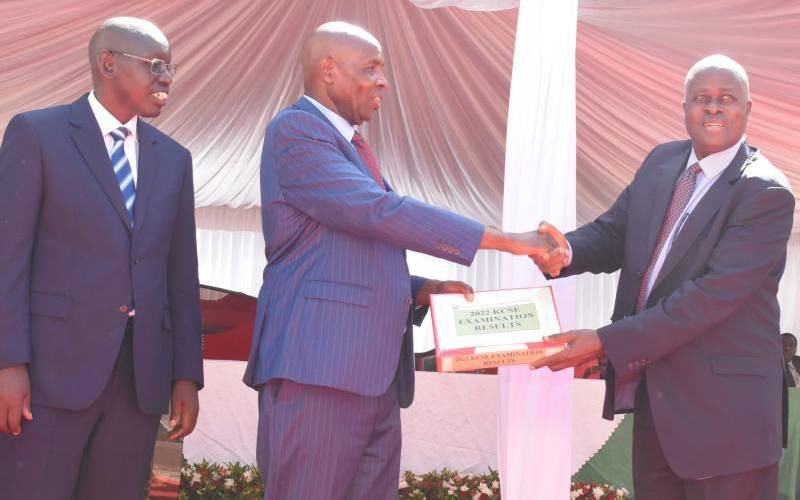×
The Standard e-Paper
Fearless, Trusted News

The surprising stellar performance of some schools in last year's Kenya Certificate of Secondary Education (KCSE) exam has now being called into question.
Doubts are being raised about the integrity of the examination process after education stakeholders said it is not normal for a school to post an improved mean score of more than one point.